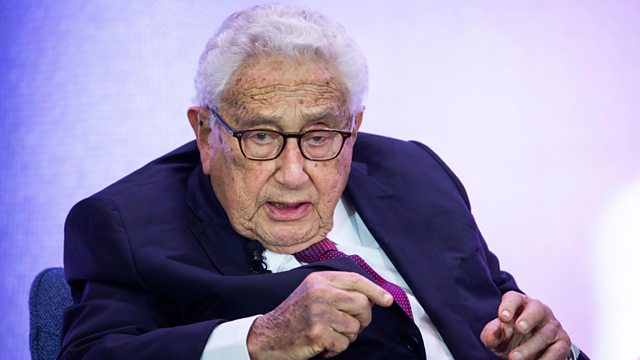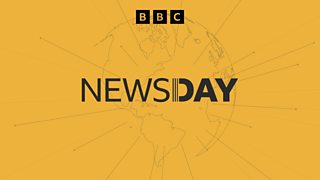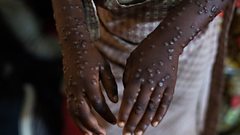Henry Kissinger: Controversial giant of US foreign policy dies
Mr Kissinger led America’s re-engagement with Communist China but his critics viewed his role in carpet bombing Cambodia as tantamount to a war crime.
Holding the roles of both White House National Security Adviser and US Secretary of State, under Presidents Richard Nixon and Gerald Ford, Henry Kissinger is considered the author of key foreign policy shifts in US relations with China and the Soviet Union. He was also influential in the Middle East.
He was a deeply controversial figure - not least for his willingness to use American military might overseas, overtly and covertly. The American magazine Rolling Stone's headline on the story: 'Henry Kissinger, War Criminal Beloved by America’s Ruling Class, Finally Dies' - other accounts have of course been more positive, though controversial is a word that comes up a lot.
He was active right up until the end, speaking publicly on the war between Israel and Hamas in the final few days of his life. So what was his role over the decades in the Middle East in particular?
Newsday heard from Martin Indyk, Former US Ambassador to Israel, and author of the book titled Master of the Game: Henry Kissinger and the Art of Middle East Diplomacy.
"A man of history and student of history. His legacy is an American-led peace process in the Middle East which produced peace between Israel and the Arab states but did not resolve the Israeli-Palestinian conflict."
"It's clear that his involvement in Vietnam, the bombings in Laos and Cambodia, the coup in Chile, the war in Bangladesh - these were all deeply controversial."
(Pic: Henry Kissinger; Credit: EPA)
Duration:
This clip is from
More clips from Newsday
-
![]()
Liam Payne: Fans mourn death of One Direction singer
Duration: 03:35
-
![]()
Sudan's footballers provide 'joy amongst the chaos'
Duration: 04:00
-
![]()
Hurricane Milton: The residents deciding to stay, or evacuate
Duration: 02:59
-
![]()
Mpox spreading rapidly in Burundi
Duration: 03:21






